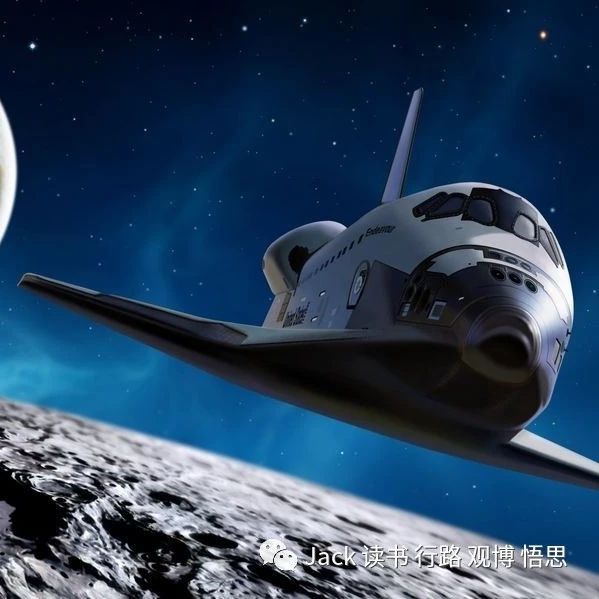Is the space dream necessary?
“We are all in the gutter, but some of us are looking at the stars.” Oscar Wilde
Spaceis such an unfathomable expanse that it drives human beings to tap into its secrets. Some countries consider interstellar exploration the most important strategic program. Thus, a heated debate has arisen among the public whether countries should spend vast sums of money to send spacecraft into space and to other planets. To my mind, I believe that space and planetary exploration is absolutely not a waste of money. Instead, it has many intrinsic and extrinsic benefits to it. There are a couple of reasons I can use to support my viewpoint.
Firstly, in the short term, spending money on sending humans into space and to other planets can make our lives more convenient and help us to learn more about our own planet. High above the Earth, we are able to observe the changing of the planet’s atmosphere as wellas its formation, which can broaden our current understanding of the Earth. GPS is a good example. Back in the old days, people could only rely on maps and the night sky to navigate and travel. But with GPS, we can quickly and accurately arrive at the place we want to go, without worrying about getting lost. Another example is modern-day atmospheric study. With the help of satellites and spacestations, experts the world over can look at clear images of our atmosphere, and make important predictions.
Secondly, in the long run, exploring space and other planets can provide us with more living space in the future. As is known, human activity has deteriorated the Earth’s habitability, and our species might face extinction in the near future. Stephen Hawking even predicted that our species can only survive for another 100 years! Therefore, if countries dedicate themselves to planetary exploration, then our species might get a chance to live, because new planets mean more living space, and thus make the chance of survival bigger. However, no nearby planets or moons are properly suited to true outdoor habitation. Additionally, we have no means of reaching planets in other solar systems yet. Thus, we need to preserve our own planet, and balance our expenditures between extraterrestrial exploration and environmental preservation.
Thirdly, a country can showcase its international influence and scientific technology by exploring planets. If a country has nearly no capability to perform space travel, then that country might lose the upper hand in international competition. During the Cold War, the two superpowers, the Soviet Union and the U.S., competed for each stage of space travel. When the Soviet Union announced its successful manned-spacecraft launches,the U.S. was unwilling to give up and consequently sent men onto the moon,which greatly enhanced the international prestige of the U.S.
Admittedly, space exploration has seemingly little to do with common people’s livelihood, and it does count as a large part of a country’s budget. But looking into the future, we have reasons to believe that space exploration can be beneficial to humankind, and countries should invest into this crucial program.
To recap, space and planetary exploration does mean a lot to modern countries. And I believe that the curiosity of humankind will continue to drive the journey into the darkness of the universe.
- 本文标签: 原创
- 本文链接: http://www.jack-utopia.cn//article/518
- 版权声明: 本文由Jack原创发布,转载请遵循《署名-非商业性使用-相同方式共享 4.0 国际 (CC BY-NC-SA 4.0)》许可协议授权










